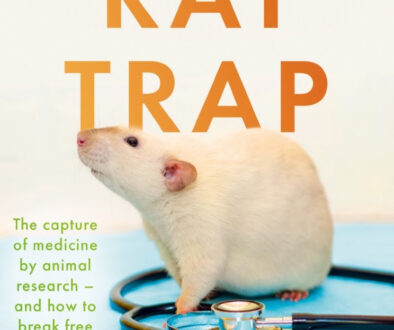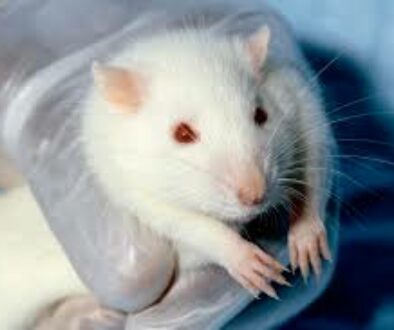Animal research
Animal research
- The Times
- Published: 04 July 2015
- Letters to the Editor
Sirs,
As biomedical research scientists and physicians, we are disturbed that the Association of Medical Research Charities (AMRC) now requires its members to publicly declare support for animal research. A growing body of evidence suggests that animal research is not a reliable means of predicting how humans will respond to medicines and does not accurately represent the diseases suffered by humans. The scientific community is becoming increasingly doubtful about the relevance of animal research to human medicine. An editorial published last year in the British Medical Journal, for example, suggested that ‘funds might be better directed towards clinical rather than basic (i.e. animal) research, where there is a clearer return on investment in terms of effects on patient care’. AMRC should allow its member charities the freedom to develop their own progressive policies. Enforcing an illusory united front on this divisive issue forces charities to choose between losing support from AMRC or from concerned donors. It also goes against the fundamental spirit of science, which promotes the open exchange of ideas.
Professor Geoffrey Pilkington, Professor of Cellular and Molecular Neuro-Oncology, Portsmouth University
Professor Barbara Pierscionek, Associate Dean, Research and Enterprise, Kingston University London
Dr Lindsay Marshall, Senior Lecturer in Immunology, Aston University
Dr Kelly BéruBé, Reader in Cell Biology, Director Lung & Particle Research Group, School of Biosciences, Cardiff University
Dr Aysha Akhtar, Neurologist and Public Health Specialist
Dr Kathy Archibald, Director, Safer Medicines Trust
Dr Bob Coleman, UK Science Director, Safer Medicines Trust
Dr Katya Tsaioun, US Science Director, Safer Medicines Trust
Dr Andre Menache, Director, Antidote Europe
Dr John Pippin, Cardiovascular Medicine Physician


